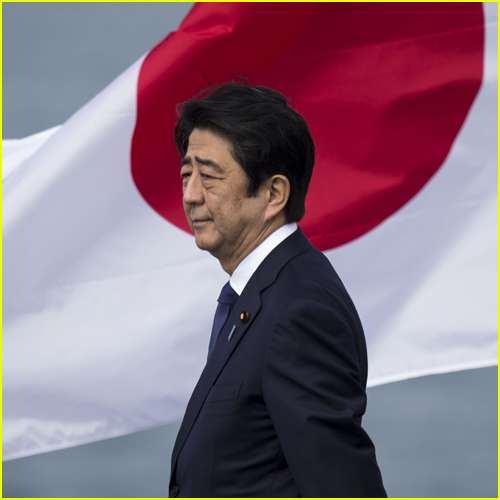China's Chip Export Limits: Global Tech Implications
In a significant move that has implications for the global technology landscape, China has recently imposed export restrictions on two essential materials crucial to the semiconductor industry, escalating the ongoing chip war with the United States.
Under these new regulations, specialized licenses are now required for the export of gallium and germanium, both of which play a pivotal role in chip production and possess military applications.
China, the world's second-largest economy, holds a dominant position in the global supply chain for these materials. It produces a staggering 80% of the world's gallium and 60% of germanium, according to the Critical Raw Materials Alliance (CRMA), an industry organization.
Gallium and germanium are classified as “minor metals,” typically derived as by-products from other processes rather than being naturally occurring. This new export control by China follows similar steps taken by other countries like the United States, Japan, and the Netherlands, which have also imposed restrictions on chip-related technology exports to China.

This announcement from China comes in response to recent chip export restrictions, notably from the Netherlands, and can be seen as a tit-for-tat maneuver. Analysts like Colin Hamilton from BMO Capital Markets suggest that this move is aimed at countering chip shortages by denying access to crucial materials required for chip manufacturing.
The ongoing trade tensions and reciprocal measures between the two largest economies have raised concerns about the emergence of “resource nationalism,” where nations withhold critical materials to exert influence over others. This shift away from the globalization narrative could potentially impact industries across the Western world, raising existential questions.
Gallium arsenide, a compound of gallium and arsenic, holds significance in high-frequency computer chips, LED production, and solar panels. With only a limited number of companies worldwide producing gallium arsenide of the required purity for electronics, its scarcity could affect the technology supply chain.
Germanium, also a vital material, is used in microprocessors, solar cells, and even military-grade vision goggles. While alternative sources and recycling efforts might mitigate some impact, the quality demands of high-end semiconductors remain a challenge, especially given China's dominant position.
Despite China's dominant position in gallium and germanium production, substitutes exist for these materials in chip manufacturing. Eurasia Group, a political risk consultancy, suggests that there are alternative mining and processing facilities located outside China, echoing the dynamics observed during China's previous export restrictions on rare earth minerals.
It's worth noting that the recent restrictions might not lead to an immediate catastrophe, as industries could adapt to alternative sources. However, experts emphasize the need to monitor this trend closely, given its potential implications for consumers, industries, and the global push toward green technologies that rely on these materials.
As the geopolitical landscape evolves and nations strive for self-sufficiency in critical materials, policymakers must balance their decisions to ensure the availability of essential resources while advancing sustainable and environmentally friendly technological transitions.
TO GET MORE LATEST NEWS UPDATES: Speed news





